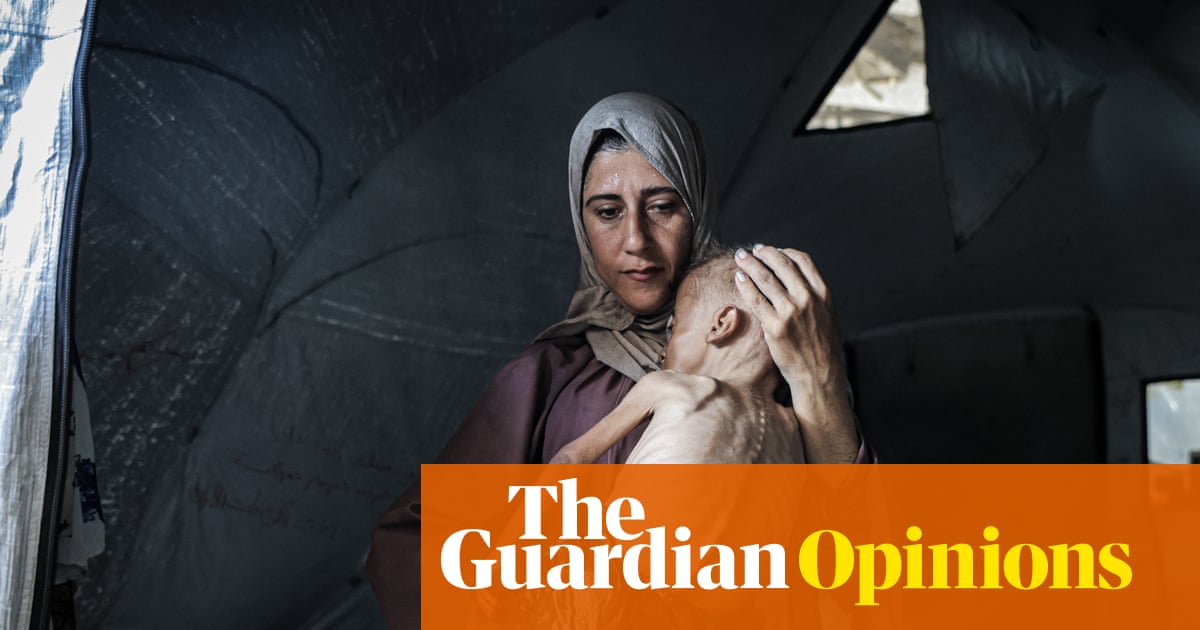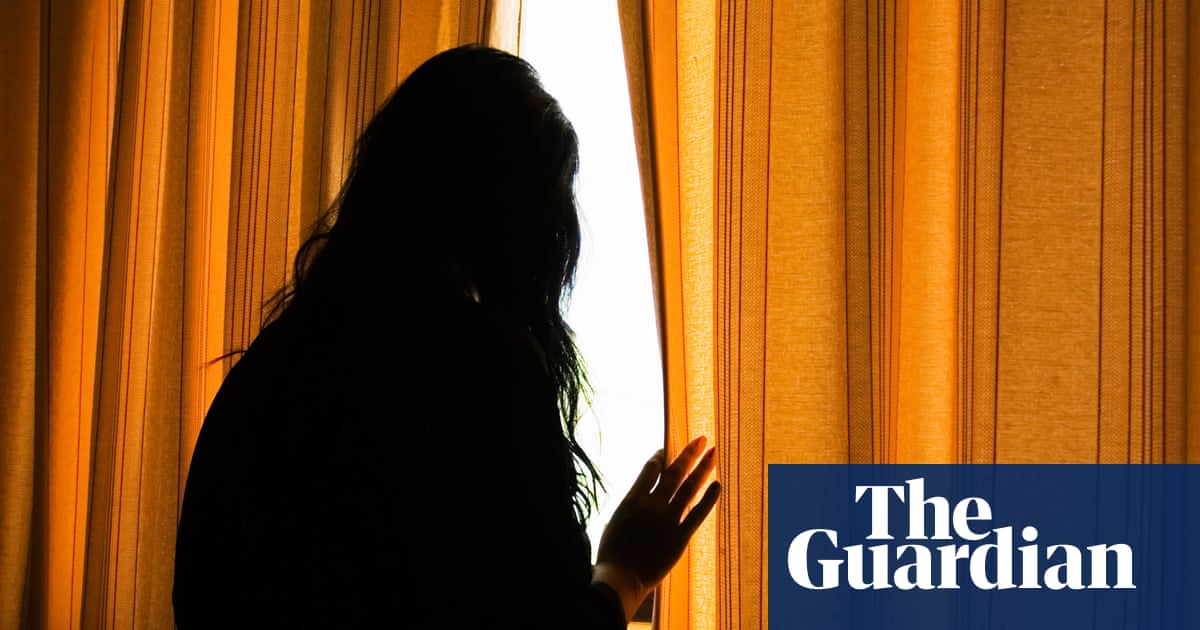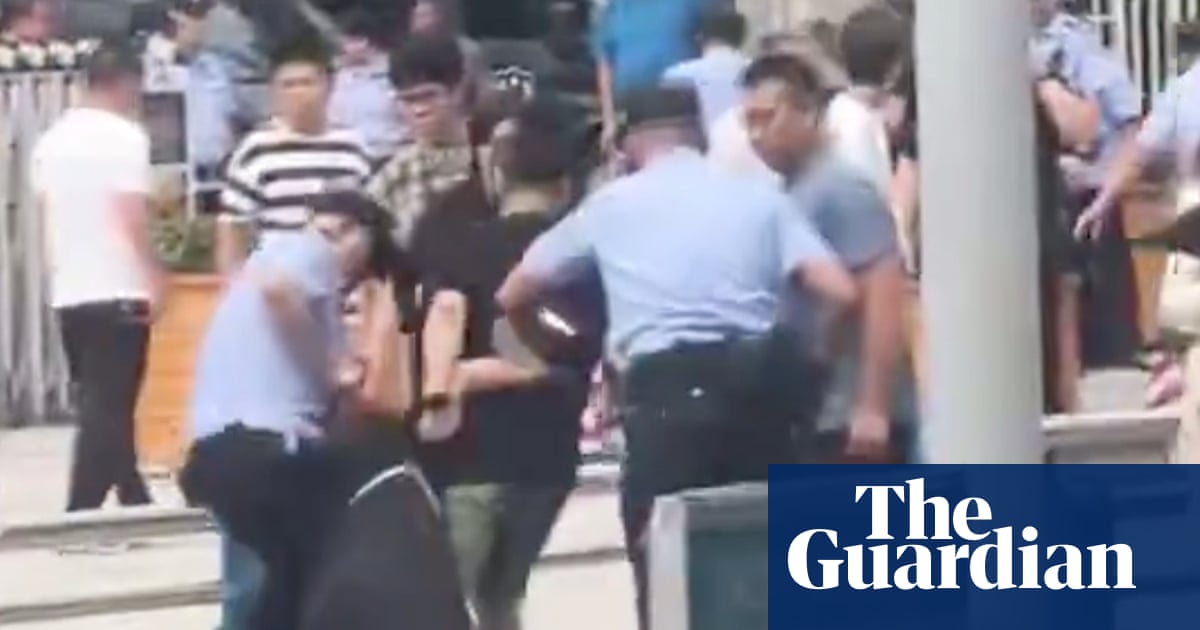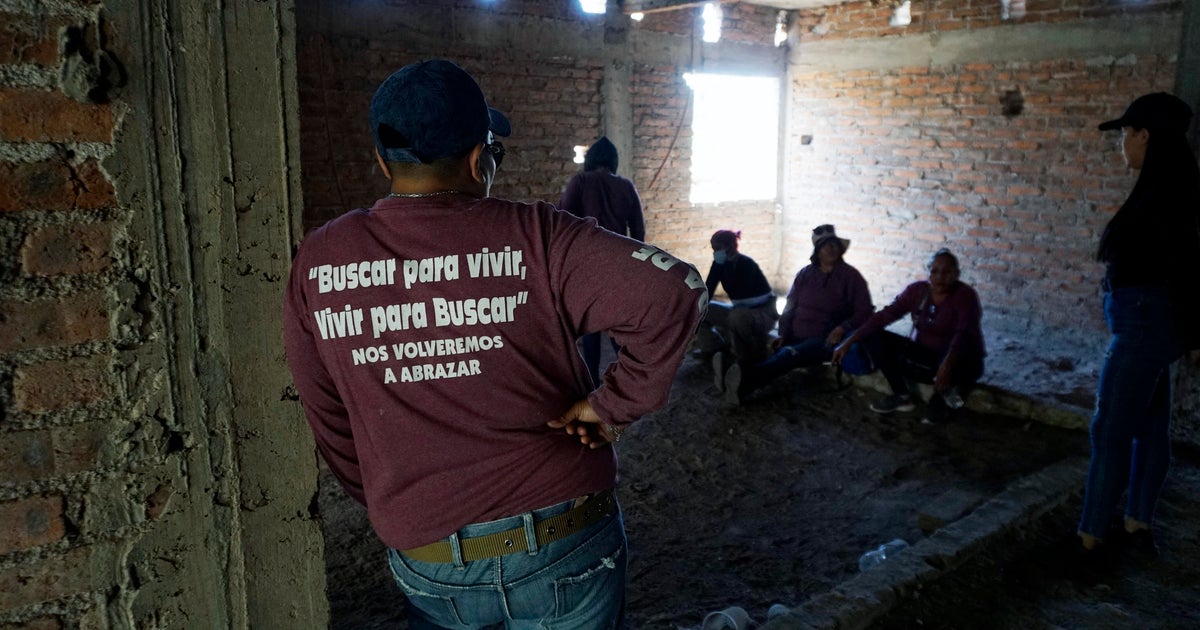Tragic Suicide Attack on School Bus in Pakistan Claims Lives of Students
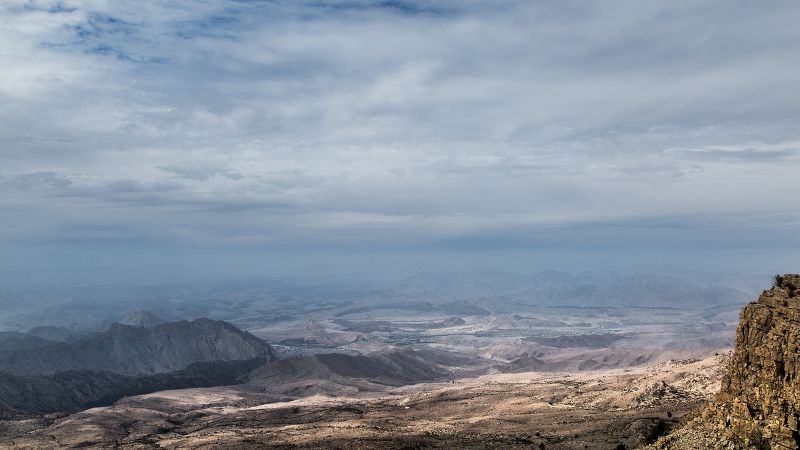
Quetta, Balochistan CNN — A heart-wrenching suicide attack targeting a school bus in southwestern Pakistan has resulted in the loss of three young lives, all students attending a military-run institution. This incident, which occurred on Wednesday, has raised alarms about the increasingly precarious security environment in the Balochistan region.
The explosion erupted in the city of Khuzdar, a hotspot of unrest within Balochistan province. It specifically struck a school bus filled with the children of military personnel, as confirmed by Yasir Dashti, a senior government official in the province. In addition to the fatalities, the blast injured 38 individuals, adding to the growing toll of violence in this troubled area.
Kaleem Ullah, a police officer from Khuzdar, reported that the bus was transporting children from the Army Public School, which serves as an educational network for the offspring of military staff across Pakistan. The importance of such institutions cannot be overstated, particularly given the historical context of attacks against educational facilities in the country.
According to a statement released by the Pakistan military, alongside the three children, two adults also tragically lost their lives in this horrific event. As investigations unfold, it is worth noting that no group has yet claimed responsibility for the attack, leaving questions about the motives and the perpetrators unanswered.
Balochistan has long been the battleground of a separatist insurgency that demands greater political autonomy and economic opportunities in this strategically vital and mineral-rich region. This ongoing conflict has created a volatile atmosphere, with frequent violence disrupting daily life.
In a statement shortly after the attack, Pakistan's military accused “Indian proxies” of orchestrating the bombing. However, the military did not provide any evidence to substantiate these claims, a common occurrence in the complex narrative surrounding Indo-Pak relations.
The Indian government, through a spokesperson from its foreign ministry, swiftly rejected the accusations, branding them as “baseless.” In a pointed statement, New Delhi emphasized that Pakistan often resorts to blaming India for its internal dilemmas, thereby deflecting attention from its own shortcomings. “India condoles the loss of lives in all such incidents,” the spokesperson stated, underscoring the sentiment of solidarity in the face of tragedy.
Pakistan's Prime Minister Shehbaz Sharif also condemned the “cowardly attack,” echoing the military's claims regarding India's involvement. This mirrors a long-standing animosity between the two nations, with each side accusing the other of supporting militant activities across their borders.
The backdrop of this latest attack is a recent escalation of tensions between Pakistan and India. Just a few weeks ago, a serious conflict erupted following a massacre of tourists in India-administered Kashmir, leading to the most severe fighting between the two nations in decades. A tenuous ceasefire has been in place since then, but incidents like Wednesday’s attack threaten to destabilize the fragile peace.
This suicide attack comes shortly after a shocking incident in which separatist militants from the Baloch Liberation Army hijacked a train in Balochistan, taking over 350 hostages, including security personnel, and culminating in the deaths of 27 individuals.
Children in Pakistan have been particularly vulnerable to acts of terrorism, with some of the most devastating attacks targeting educational institutions. The tragic assault on the Army Public School in Peshawar in December 2014, which resulted in the deaths of at least 145 individuals, predominantly young students, remains etched in the national consciousness as a defining moment in the country’s ongoing struggle against terrorism.
Additionally, the Pakistani Taliban's attack on then 15-year-old Malala Yousafzai, who was shot while on a school bus in 2012, serves as a stark reminder of the risks faced by those advocating for education in a climate of fear.
This recent attack is not just another statistic; it symbolizes the broader challenge Pakistan faces in ensuring the safety of its children and the ongoing fight against extremism. As the nation grapples with these harrowing realities, the hope for a peaceful future remains increasingly tenuous.
CNN’s Aishwarya S Iyer contributed reporting.
















